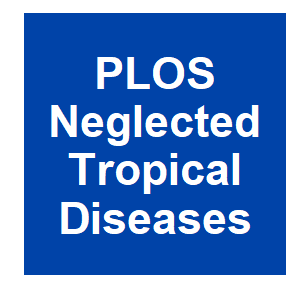Self-limiting paratransgenesis

|
W. Huang, S. B. Wang and M. Jacobs-Lorena,
PloS Neglected Tropical Diseases,
14:9.
2020.

Presently, the principal tools to combat malaria are restricted to killing the parasite in infected people and killing the mosquito vector to thwart transmission. While successful, these approaches are losing effectiveness in view of parasite resistance to drugs and mosquito resistance to insecticides. Clearly, new approaches to fight this deadly disease need to be developed. Recently, one such approach-engineering mosquito resident bacteria to secrete anti-parasite compounds-has proven in the laboratory to be highly effective. However, implementation of this strategy requires approval from regulators as it involves introduction of recombinant bacteria into the field. A frequent argument by regulators is that if something unexpectedly goes wrong after release, there must be a recall mechanism. This report addresses this concern. Previously we have shown that aSerratiabacterium isolated from a mosquito ovary is able to spread through mosquito populations and is amenable to be engineered to secrete anti-plasmodial compounds. We have introduced a plasmid into this bacterium that carries a fluorescent protein gene and show that when cultured in the laboratory, the plasmid is completely lost in about 130 bacterial generations. Importantly, when these bacteria were introduced into mosquitoes, the bacteria were transmitted from one generation to the next, but the plasmid was lost after three mosquito generations, rendering the bacteria non-recombinant (wild type). Furthermore, no evidence was obtained for horizontal transfer of the plasmid to other bacteria either in culture or in the mosquito. Prior to release, it is imperative to demonstrate that the genes that thwart parasite development in the mosquito are safe to the environment. This report describes a methodology to safely achieve this goal, utilizing transient expression from a plasmid that is gradually lost, returning the bacterium to wild type status. Author summary The intolerable burden of malaria demands the development of novel approaches to fight this deadly disease. Previously, the engineered symbiotic bacteriumSerratiaAS1 was shown in the laboratory to be able to spread through mosquito populations and render mosquitoes resistant to the parasite. However, a major concern of regulators for the release of such engineered bacteria into the field is that there is no option for “recall” in case something goes wrong. Here we show thatSerratiaAS1 loses plasmids as it replicates in mosquitoes and in culture, reverting to wild type. We also show that horizontal transfer of the plasmid fromSerratiaAS1 to other bacteria is extremely rare, as this was undetectable in the mosquito and in culture. Our results suggest that initial field trials can make use of this reversible system whereby released recombinant bacteria expressing anti-plasmodial compounds from a plasmid revert to wild type at a predictable rate. More related to this: Mosquitoes engineered to resist the malaria parasite Australian scientists slash dengue fever in Indonesia by infecting mosquitoes with bacteria Antibiotic resistance hoops countered by gene drive feedback loops
|



